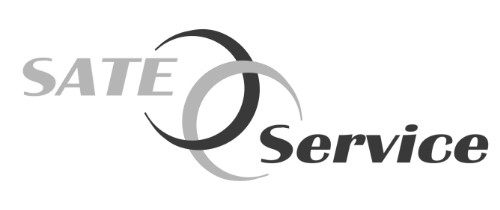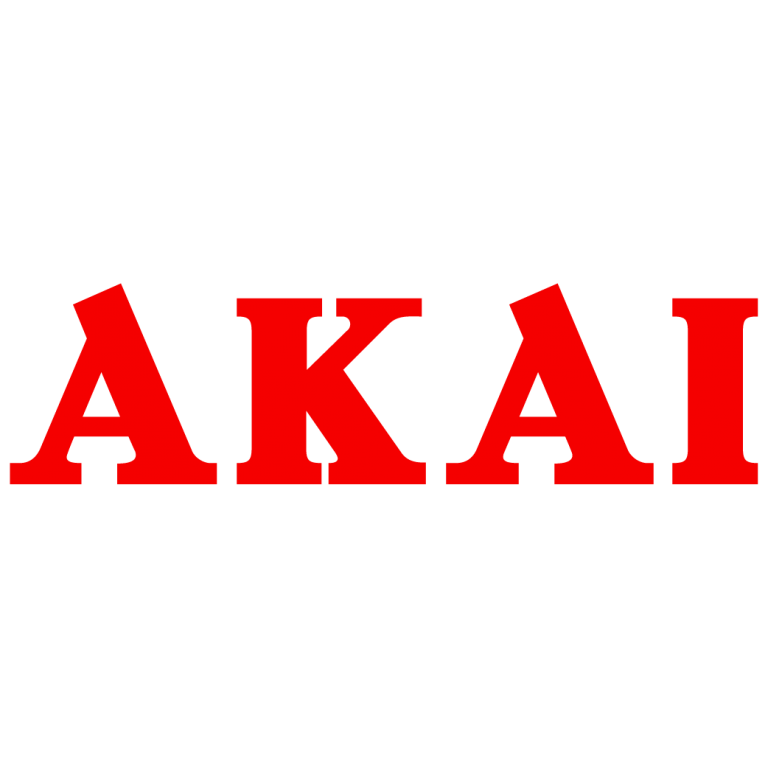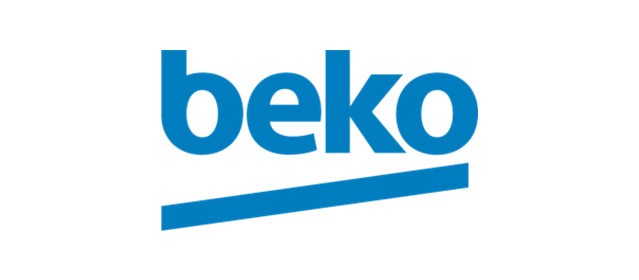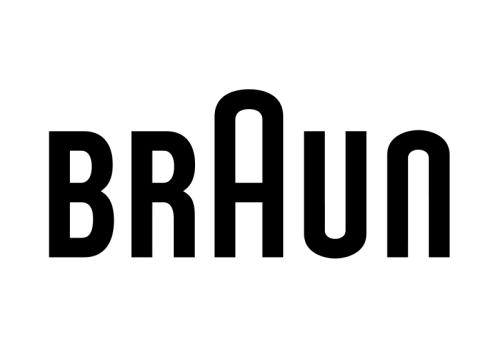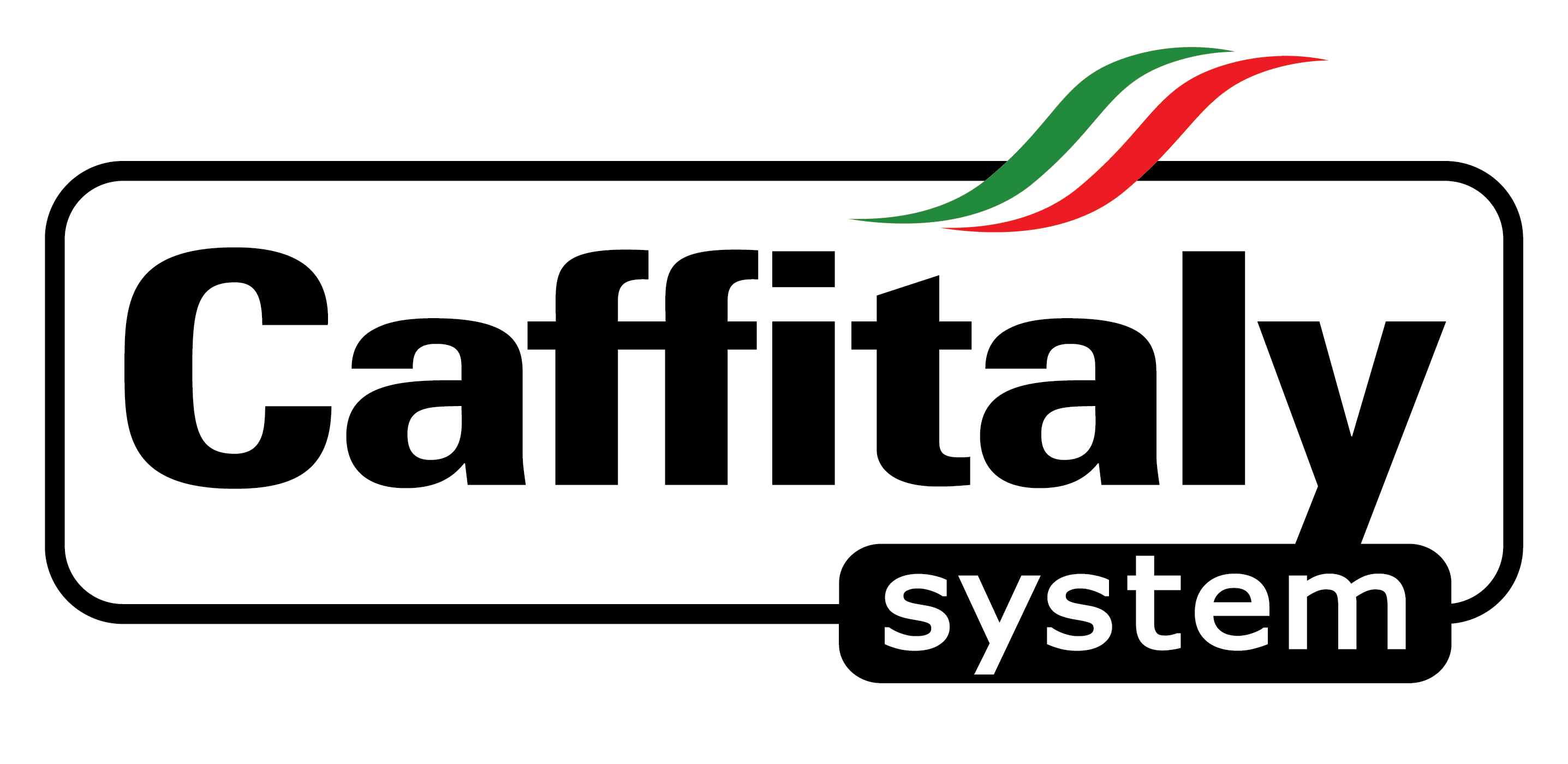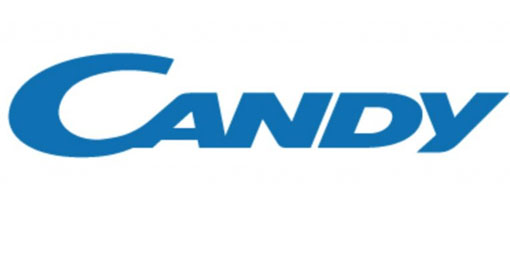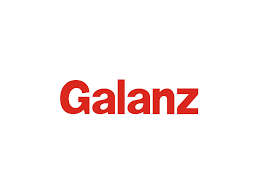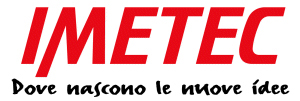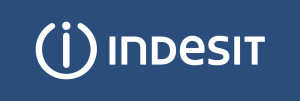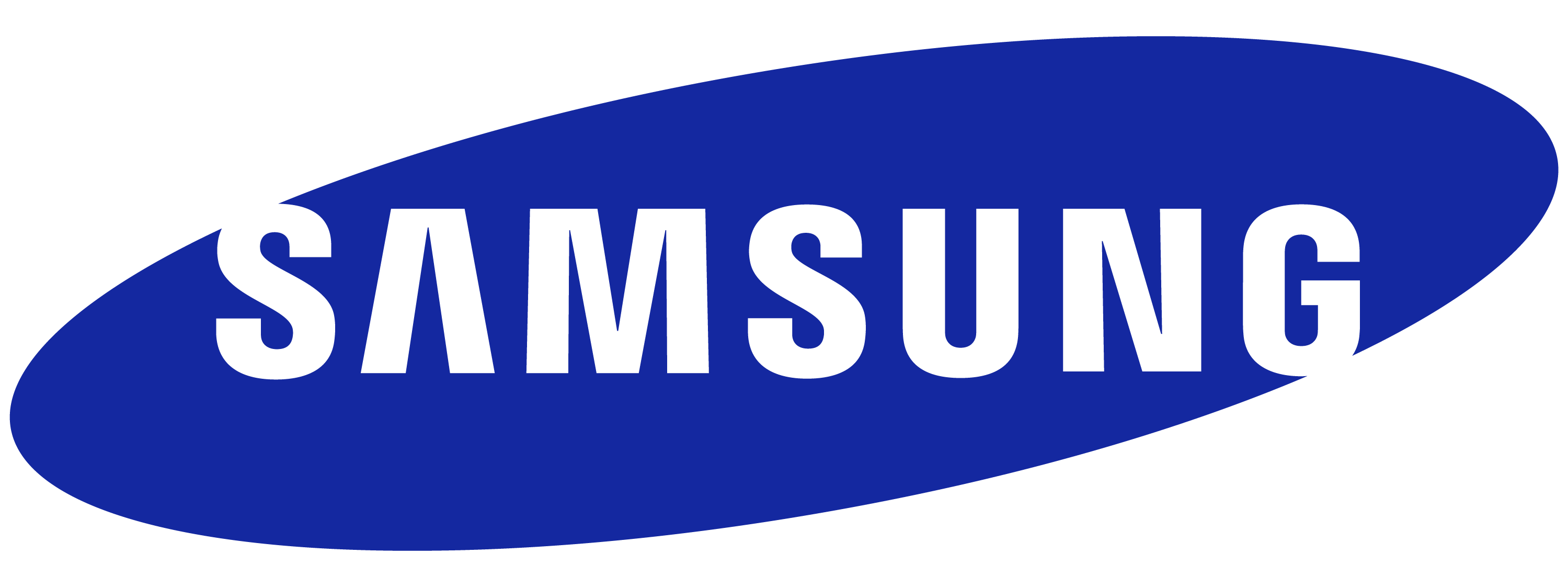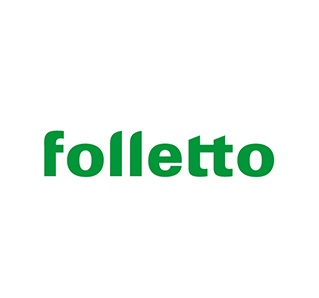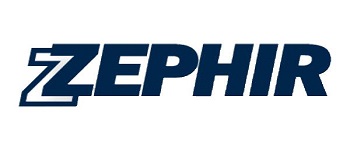new cryptocurrency to mine for free
New cryptocurrency to mine for free
From left to right, Bitcoin miners discover unique blocks of numbers, known as hash, to add to blockchains. By approving these blocks and adding data to the blockchain, miners are rewarded with bitcoins.< https://bettingtanzanias.com/kingbet/ /p>
The cryptocurrency market has emerged as one of the most dynamic and transformative sectors of the modern era. As blockchain technology continues to revolutionise industries ranging from finance to healthcare, selecting the right cryptocurrency to invest in has become critical for maximising returns and actively participating in the Web3 revolution. For newcomers and seasoned investors, understanding the leading projects driving this transformative space is the cryptocurrency market, which offers unparalleled opportunities for innovation and growth, with each project showcasing unique strengths and immense potential. By diversifying across Qubetics, Bitcoin, Ethereum, Solana, and Cardano, investors can capitalise on their innovations and position themselves for success in the rapidly evolving blockchain landscape.
Many crypto blockchain databases are run with decentralized computer networks. That is, many redundant computers operate the database, checking and rechecking the transactions to ensure that they’re accurate. If there’s a discrepancy, the networked computers have to resolve it.
Cryptocurrency in swahili
According to Binance, since its inception in January 2020, the Binance MasterClasses has provided free crypto education to over 400,000 Africans. By the end of 2020, over 70,000 Africans were educated in the first year of the launch of the Masterclass.
Blockchain-based contracts are becoming more and more popular as sectors like government, healthcare and the real estate industry discover the benefits. Below are a few examples of how companies are using blockchain to make contracts smarter.
Binance, one of the largest crypto exchanges globally, offers a comprehensive platform for Kenyan traders to buy, sell, and trade a wide variety of digital currencies. Known for its competitive fees and extensive selection of cryptocurrencies, Binance is perfect for both novice and expert traders. The platform is equipped with advanced trading tools, including futures and margin trading, along with a robust mobile app for on-the-go trading. For Kenyan users, Binance’s high liquidity ensures quick and efficient trade executions. The platform also offers numerous educational resources for those new to crypto trading. In terms of security, Binance employs multi-tier and multi-cluster system architecture, ensuring the safety of users' funds and personal information.
Both the financial and regular consumers are growing in the crypto industry, and the reason is simple: everybody wants to be wealthy and rich. This growing demand for crypto money increases the need for information and also the demand for high-quality information services on all aspects of digital currencies.
Centralized exchanges are the most common type of crypto trading platforms. They operate under a central authority that manages transactions, security, and user accounts. CEXs offer high liquidity, user-friendly interfaces, and robust security measures, making them ideal for beginners and experienced traders alike. These platforms typically support a wide range of cryptocurrencies and fiat currencies, allowing for easy on-ramping and off-ramping. However, users must trust the exchange with their funds and personal information, which can be a concern for some privacy-focused traders.

Cryptocurrency books pdf
The transformative capacity of decentralized currency is reshaping the landscape of digital finance. DeFi platforms enable activities like lending, asset exchanges, and borrowing through the use of technology based on decentralized blockchains, thereby removing the need for traditional financial middlemen. This emerging sector empowers individuals and provides access to financial services for the underbanked population. The authors emphasize the growth of Aave as a pivotal decentralized lending platform, underscoring its role in elevating the influence and visibility of decentralized finance.
Blockchain technology is a new general-purpose technology that poses significant challenges to the existing state of law, economy, and society. Blockchain has one feature that makes it even more distinctive than other disruptive technologies: it is, by nature and design, global and transnational. Moreover, blockchain operates based on its own rules and principles that have a law-like quality. What may be called the lex cryptographia of blockchain has been designed based on a rational choice vision of human behavior. Blockchain adopts a framing derived from neoclassical economics, and instantiates it in a new machinery that implements rational choice paradigms using blockchain in a semi-automatic way, across all spheres of life, and without regard to borders. Accordingly, a global law and crypto-economics movement is now emerging owing to the spread of blockchain. This Article suggests that such a rational choice paradigm is an insufficient foundation for the future development of blockchain. It seeks to develop a new understanding of blockchain and its regulation through code according to the emerging “law and political economy” framework. Blockchain is much more than a machine that enables the automation of transactions according to a rational choice framework. Blockchain should instead be understood as a technological infrastructure. Acknowledging the infrastructural dimension of blockchain technology may help identify a new role for the law in its interaction with blockchain, as well as for government in its interaction with the new technology. More precisely, identifying blockchain as an “infrastructural commons” helps us recognize that law and regulation should not be relegated to the role of merely facilitating the operation of the invisible hand of the market by and within blockchain, but should rather acquire more active roles, such as safeguarding access on non-discriminatory terms to users, on a model with net neutrality and other public utility safeguards. The Article closes by proposing a “law and political economy” framework for blockchain that is based on principles of publicness, trust, and interoperability.
The integration of cloud computing with blockchain technology is laying the foundation for the advent of Web3. The next evolution of the internet envisions a space where individuals and content creators can exercise greater control by lessening their reliance on major centralized entities like Google and Facebook. In the Web3 landscape, individuals have increased control over their data, fostering a digital realm that is more equitable and clear in its operations.
Cold wallets: These are offline wallets, such as hardware wallets or paper wallets, and they offer much stronger security. While they might be less convenient for frequent transactions, they’re the best option for long-term storage.
The information on this site is not directed at residents of the United States and is not intended for distribution to, or use by, any person in any country or jurisdiction where such distribution or use would be contrary to local law or regulation.
IG International Limited is part of the IG Group and its ultimate parent company is IG Group Holdings Plc. IG International Limited receives services from other members of the IG Group including IG Markets Limited.
